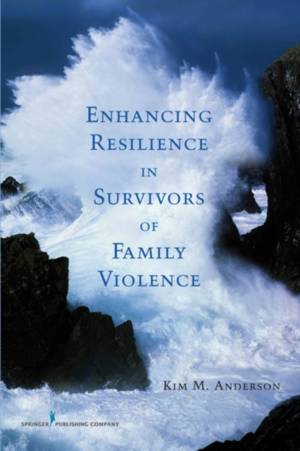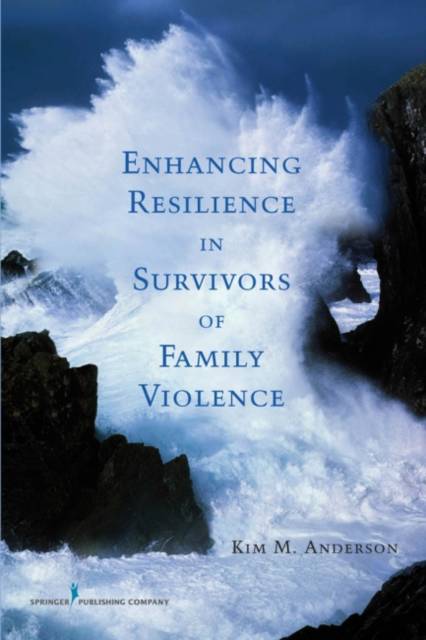
- Afhalen na 1 uur in een winkel met voorraad
- Gratis thuislevering in België vanaf € 30
- Ruim aanbod met 7 miljoen producten
- Afhalen na 1 uur in een winkel met voorraad
- Gratis thuislevering in België vanaf € 30
- Ruim aanbod met 7 miljoen producten
Omschrijving
This bookÖwill help change the paradigm that has gripped the mental health professions for so long and will be a positive boost for those who know there must be a better and more affirmative way to do this important work.
-Dennis Saleebey, DSW
Professor Emeritus
School of Social Welfare, University of Kansas
In this book, Kim Anderson demonstrates the extent to which individuals with histories of family violence can have "self-correcting" tendencies that promote their positive adaptation in overcoming trauma. These strengths, which often go unrecognized or underappreciated, can be used for healing. This book assists mental health practitioners in identifying, supporting, and validating the resilient capacities of their clients.
Anderson provides new conceptual frameworks and clinical strategies for integrating resilience-oriented and strengths-based treatment with survivors of family violence. The book discusses resilience in survivors of childhood incest, children of battered women, and individuals formerly in violent domestic relationships.
Key topics discussed:
- Dynamics and consequences of family oppression and violence
- The power of recovery and posttraumatic growth
- Assessments that capture client strengths, resilience, and acts of resistance
- Spirituality: making meaning of one's trauma and purpose in life
This book challenges the premise that survivors who have suffered from family violence will remain wounded throughout life. Anderson underscores the resourcefulness of clients, and illuminates the many ways people prevail during and in the aftermath of family violence."
Specificaties
Betrokkenen
- Auteur(s):
- Uitgeverij:
Inhoud
- Aantal bladzijden:
- 260
- Taal:
- Engels
Eigenschappen
- Productcode (EAN):
- 9780826111395
- Verschijningsdatum:
- 26/10/2009
- Uitvoering:
- Paperback
- Formaat:
- Trade paperback (VS)
- Afmetingen:
- 150 mm x 226 mm
- Gewicht:
- 362 g

Alleen bij Standaard Boekhandel
Beoordelingen
We publiceren alleen reviews die voldoen aan de voorwaarden voor reviews. Bekijk onze voorwaarden voor reviews.











